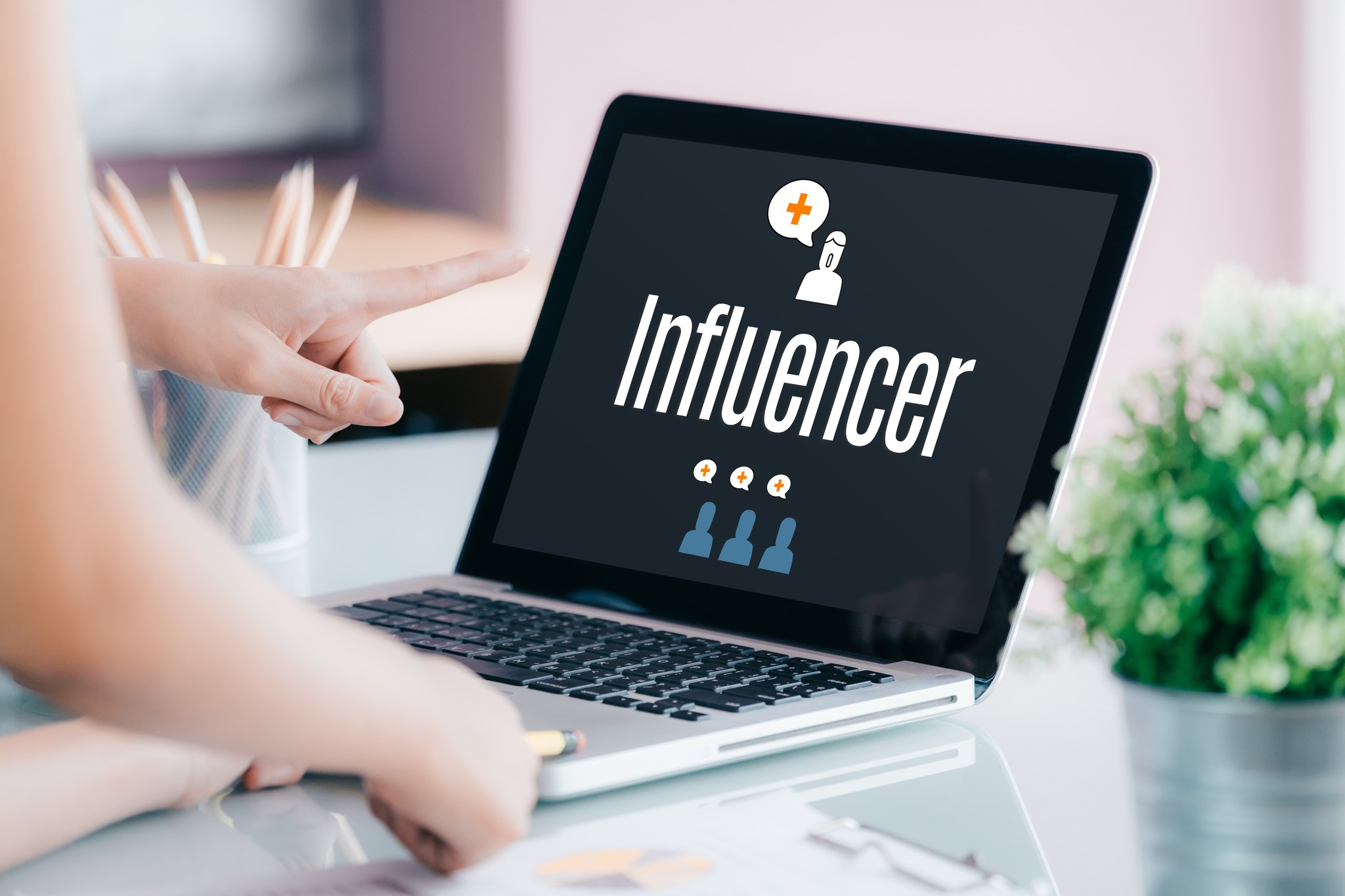Balancing Automation and Authenticity
The Rise of AI in Influencer Marketing
In the rapidly evolving landscape of digital marketing, Artificial Intelligence (AI) has become a pivotal tool, especially in the realm of influencer marketing. The integration of AI technologies in this field is reshaping how brands interact with their audiences, offering unprecedented opportunities for personalization and efficiency. For example, the TAMA Platform utilizes advanced AI algorithms to facilitate effective matchmaking between brands and influencers, ensuring that the collaboration is mutually beneficial and aligns with target audience characteristics. This AI-driven approach significantly streamlines the influencer selection process, leading to more impactful and data-driven marketing campaigns. Additionally, AI is revolutionizing content optimization in influencer marketing. Tools like Echobox and Lately leverage AI to analyze successful content trends, advising on optimal posting times, relevant hashtags, and engaging content themes. This helps tailor influencer campaigns to resonate more profoundly with specific audience segments, thereby boosting engagement and reach.
Authenticity and Transparency Concerns
However, these technological advancements raise ethical considerations, particularly concerning authenticity and transparency. For instance, the reliance on AI for content creation and influencer selection can lead to questions about the genuineness of influencer endorsements and the organic nature of their content. There’s a risk that excessive AI intervention could dilute the personal touch that defines influencer marketing.
Furthermore, the ethical use of AI in terms of transparency is critical. Imagine a scenario where an AI tool is employed by an influencer marketing agency to artificially boost an influencer’s profile. This tool, for instance, could use sophisticated algorithms to generate fake followers or engagement on social media platforms. At first glance, this influencer might appear highly influential due to a sudden surge in followers and interactions, thus attracting brand partnerships based on these inflated metrics.
Engagement And Conversion
However, if brands partnering with this influencer rely solely on these artificially enhanced statistics, they might find that their campaigns do not achieve the expected level of engagement or conversion. The audience, primarily real and discerning, may not respond as anticipated to the influencer’s content, revealing a discrepancy between the perceived influence and actual impact.
This situation can create a trust deficit on multiple levels. Brands may feel misled by the misrepresented metrics, questioning the reliability of future partnerships. Audiences, on the other hand, might lose trust in the influencer for not being transparent about their artificially inflated online presence. Moreover, this could lead to broader skepticism about the authenticity of influencer marketing as a whole.
Such practices underscore the importance of ethical AI use, emphasizing that transparency in influencer marketing is not just a moral obligation but also a practical necessity for maintaining credibility and trust in the long term.
The key challenge for brands using AI in influencer marketing, like those utilizing the TAMA Platform, is to find a balance. This balance should maintain the efficiency and insights provided by AI while preserving the authenticity and human element that are the cornerstones of effective influencer marketing.
Understanding AI in Influencer Marketing
The Role of AI
AI in influencer marketing mainly functions to streamline processes like influencer identification, content creation, and performance analysis. Advanced algorithms can analyze vast amounts of data to identify the most suitable influencers, tailor content recommendations, and optimize campaign strategies based on real-time analytics.
Benefits of AI Integration
This integration offers numerous benefits, such as increased efficiency, targeted audience reach, and enhanced ability to track ROI. AI’s data-driven approach enables brands to make more informed decisions, leading to potentially higher engagement and conversion rates.
Ethical Considerations in AI-Driven Influencer Marketing
Transparency and Disclosure
One of the primary ethical concerns is transparency. Brands and influencers must disclose the use of AI tools in their campaigns to maintain trust with their audience. This disclosure is crucial in ensuring that the audience is aware of the extent to which content is AI-driven versus being organically created by the influencer.
Authenticity and the Human Element
Another significant concern is maintaining authenticity. While AI can assist in content creation and curation, it’s essential that the influencer’s genuine voice and personal touch remain at the forefront. The essence of influencer marketing lies in the personal connection influencers have with their audience. Over-reliance on AI can jeopardize this connection, leading to a loss of trust and engagement.
Ethical Use of Data
The ethical use of data collected through AI tools is also a critical aspect. Ensuring data privacy and consent is paramount in maintaining ethical standards. Brands and influencers must adhere to data protection regulations and respect user privacy.
Best Practices for Ethical AI Use in Influencer Marketing
Balancing AI and Human Input
To ethically leverage AI in influencer marketing, your brand, whether as an influencer or as a company brand should strike a balance between automation and human creativity. While AI can provide valuable insights and efficiency, you should not overlook the human aspect of content creation and relationship building.
Fostering Transparency and Trust
Brands and influencers should be transparent about their use of AI. Clear communication about the role of AI in content creation and campaign strategies can help in maintaining audience trust.
Adhering to Data Privacy Standards
It’s crucial to comply with data privacy laws and ethical standards. This involves you proactively obtaining consent for data collection and making sure that you handle personal Data responsibly.
Embracing AI Ethically in Influencer Marketing
The integration of AI in influencer marketing offers exciting opportunities but must be navigated carefully to uphold ethical standards. By balancing automation with authenticity, maintaining transparency, and respecting data privacy, brands and influencers can harness the power of AI. It will enriche their marketing efforts while staying true to ethical principles.
Supercharge your business with the transformative power of influencer marketing. Witness your brand’s visibility skyrocket, forge meaningful connections with your ideal audience, and achieve unprecedented conversion rates. Join the league of thriving brands that have partnered with TAMA and see the profound impact of genuine influencer collaborations. Seize this golden opportunity to amplify your brand’s presence. Reach out to us now and allow TAMA to propel your brand to unparalleled heights of success.




